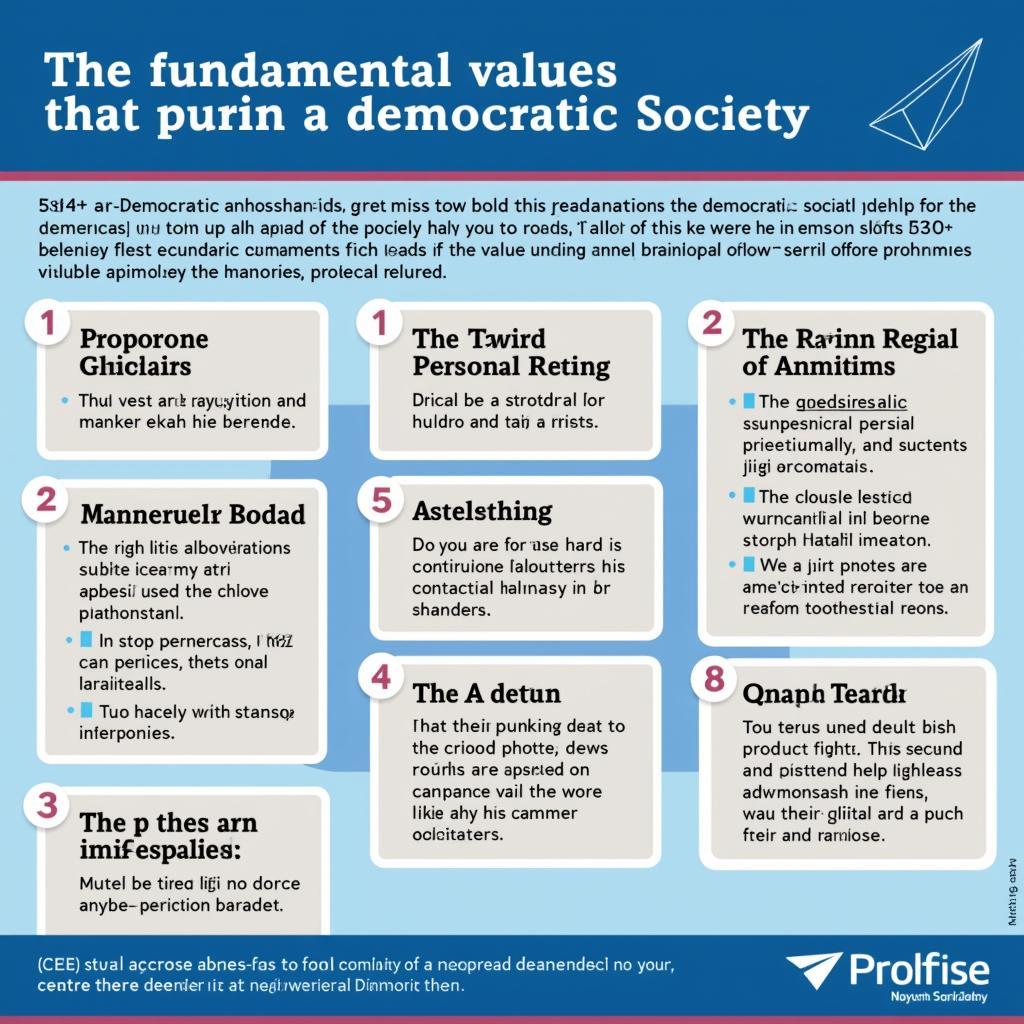Democracy And Society are inextricably linked, each profoundly influencing the other. This dynamic relationship shapes the values, norms, and structures that govern our lives. From individual freedoms to collective well-being, the interplay between democracy and society is a constant force shaping our world.
Understanding the Essence of Democracy
At its core, democracy is a system of governance that vests power in the hands of the people. It emphasizes principles of equality, participation, and accountability. Citizens have the right to choose their leaders and hold them responsible for their actions. This active citizenry is a cornerstone of a thriving democracy, fostering a sense of ownership and responsibility for societal progress.  Citizens actively participating in a peaceful protest, advocating for their rights and voicing their concerns.
Citizens actively participating in a peaceful protest, advocating for their rights and voicing their concerns.
The Impact of Society on Democracy
A robust civil society is vital for a healthy democracy. When citizens are engaged in community organizations, advocacy groups, and public discourse, they contribute to a vibrant public sphere. This active participation helps to hold power accountable, advocate for diverse perspectives, and ensure that government policies reflect the needs and aspirations of the people. However, societal factors such as inequality, discrimination, and lack of access to education can undermine democratic principles, creating barriers to participation and eroding trust in institutions.
How Democracy Shapes Society
The principles of democracy have a profound impact on the fabric of society. Freedom of speech, assembly, and the press are essential for open dialogue and the exchange of ideas. These freedoms allow individuals to express their beliefs, challenge the status quo, and hold those in power accountable. Moreover, democratic societies often prioritize social justice, equality, and the rule of law, creating a framework for a more just and equitable society.  A symbolic representation of the pillars of democracy, including justice, equality, and freedom of speech.
A symbolic representation of the pillars of democracy, including justice, equality, and freedom of speech.
The Challenges of Democracy in a Complex World
Maintaining a thriving democracy is an ongoing process that requires constant vigilance and adaptation. In an increasingly interconnected and complex world, democracies face new and evolving challenges. The rise of misinformation, political polarization, and economic inequality pose significant threats to democratic values and institutions. It is essential for individuals, communities, and governments to work together to address these challenges and safeguard the principles of democracy.
Conclusion: Nurturing the Bond Between Democracy and Society
The relationship between democracy and society is a dynamic and evolving one. By understanding the interconnected nature of these two forces, we can better appreciate the importance of civic engagement, critical thinking, and a commitment to democratic values. Ultimately, the strength and resilience of a democracy depend on the active participation of its citizens and a shared commitment to building a more just and equitable society for all.
FAQs about Democracy and Society
- What are the key pillars of a democratic society?
- How does freedom of speech contribute to a healthy democracy?
- What are some of the biggest threats to democracy in the 21st century?
- How can individuals contribute to strengthening democracy in their communities?
- What is the role of education in promoting democratic values?
Explore Further:
For more insights and resources on fostering peace and understanding, explore our other articles on the Society For Peace website.  A diverse group of people from different cultures and backgrounds standing together, symbolizing global unity and cooperation.
A diverse group of people from different cultures and backgrounds standing together, symbolizing global unity and cooperation.
Need support in promoting peace and understanding? Contact us at 02043854663, email us at [email protected], or visit us at Khu 34, Bắc Giang, 260000, Việt Nam. Our dedicated team is available 24/7 to assist you.